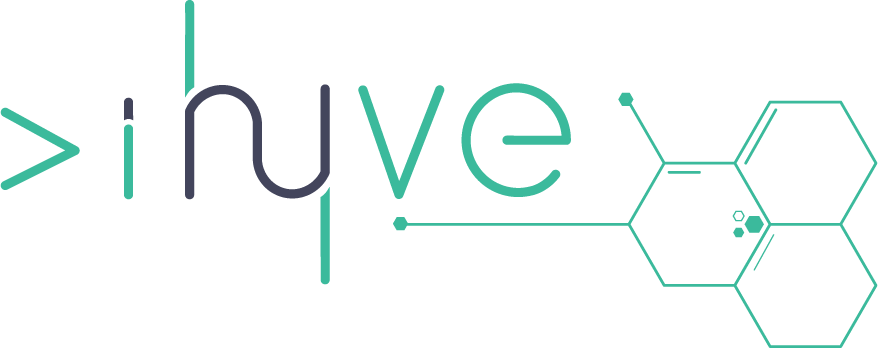Em Conversa looks to uncover the secrets in Latin America (LatAm) that have caused the fintech market to boom, from being worth less than $50million in 2016, to $2.1billion in 2022.
Sebastian Cantuarias, CEO of Banca Ética Latinoamericana
The lending market is rapidly developing in LatAm, and Chile is no different. Having expanded to the UK earlier this year via ProChile Global X, we sat down with Sebastian Cantuarias, CEO of Banca Ética Latinoamericana to learn more about what the company is doing to impact the sector.
Can you tell me more about the company and your role in it?
Banca Ética Latinoamericana is a financial group that connects investors with companies and organisations that have a positive impact on society and the planet.
In Banca Etica Latinoamerica, we have six investment instruments (investment funds, trusts and crowdlending platforms), in Brazil, Chile, Argentina and Uruguay. All our instruments are regulated by the different fintech legislations in LatAm. These instruments allow us to bring together investors interested in positive impact with companies in three areas of the economy.
Our value proposition is to address, through impact investing, the structural challenges of our continent, giving small and institutional investors the option of investing in companies that work to address these challenges.
I am the CEO of the organisation, my work has been focused on the development from the prototype level in 2018 to its current scaling with operations in four countries in LatAm (Brazil, Argentina, Uruguay and Chile).
What are some lending trends we’re seeing in Chile?
Today, the lending scenario in Chile is changing rapidly.
Firstly, after the pandemic, there is a clear tendency to increase interest rates by the central bank to curb inflation, making it more expensive to borrow money. However, the demand for credits remains strong. Secondly, online financing platforms, such as crowdlending, are expanding to more groups within the population as an agile and personalised financing alternative that operates in parallel to traditional banks.
Interestingly, in 2023 the fintech law began to operate, meaning an important step towards financial inclusion and innovation. Finally, the Chilean government, through CORFO, is promoting various lending mechanisms in priority areas such as renewable energy and creative industries, among others.
What is Banca Etica Latinoamericana doing to improve the credit sector in Chile and Latin America?
Our focus is to redefine the way the credit sector develops. The first thing is to understand that credit is largely responsible for changes in our society. A loan in a company that destroys the environment or violates human rights is a loan that generates a negative impact.
That is why our contribution is to define clear investment sectors, what we finance and what we do not, and to develop a credit portfolio for companies and institutions that have a positive impact.
Finally, this shows that it is possible to generate economic profitability along with positive impact, and that investors, whether small or large, can see that through their investments they can be part of the solutions to the problems that Latin America faces today.
How does the Chilean credit sector compare with the rest of the world?
Both in Chile and in Latin America in general, we have seen that there are very large asymmetries in the financing of small and medium-sized companies, and that this is even greater when these companies have a positive impact. does the financial system know the circular economy sector well enough to finance it? the answer is no.
With the development of the fintech sector, and the various fintech regulations that have emerged in Chile, Brazil, Argentina, Mexico, among others, much progress has been made in this challenge. Greater access, greater knowledge and greater competition are reducing the asymmetries that exist today, providing companies with greater financing options and better conditions.
What are some of the specific challenges of the region/country in the area of lending?
There is a central challenge, which is the disintegration of the Latin American economy. The existence of different currencies, the differences in fintech regulations and the precarious culture of collaboration mean that each economy has to solve its problems alone. Consequently, they lose opportunities for synergy and competitiveness.
In the Fintech sector, this can be seen very clearly, given the lack of integration of systems, technological development at the community or open source level, the lack of strategies between countries, etc.
Future plans
Today we have seven investment instruments (three investment funds, two trusts, and two crowlending platforms), in four Latin American countries, addressing a market of 300 million people. Our future plans are to consolidate our integrated fintech platform of all instruments. As a result, we want to offer small and large investors the possibility of investing in a 100 per cent positive impact portfolio all in one place.
Final thoughts
Latin America is the richest in biodiversity in the world, and at the same time the most unequal continent, with diverse natural resources and an unprecedented multiculturalism. From this vision of our continent, we call on the entire financial sector, including fintechs, to assume with great awareness the role we have to play in these challenges. Defining what to finance and what not to finance is today much more than a market trend, it is a sense of responsibility towards society and the planet that sustains us.
The post Em Conversa: Redefining Credit in Chile With Banca Ética Latinoamericana appeared first on The Fintech Times.






